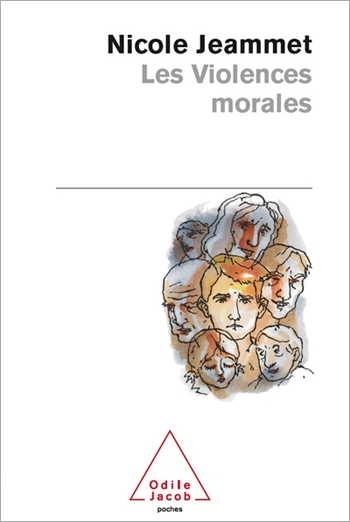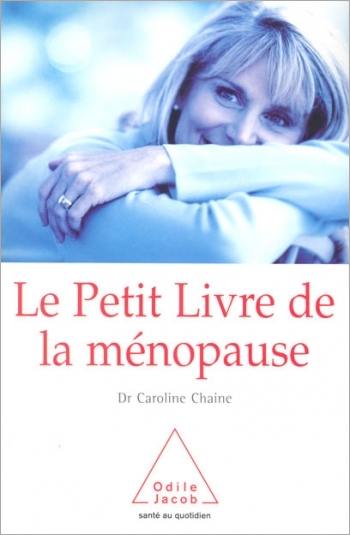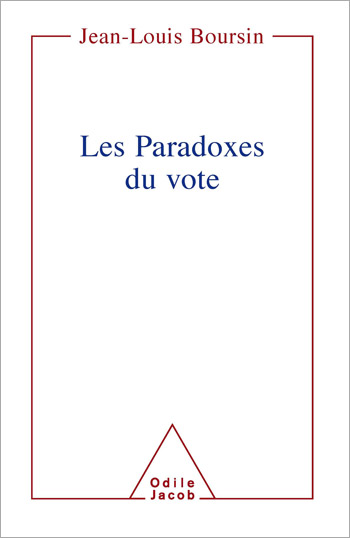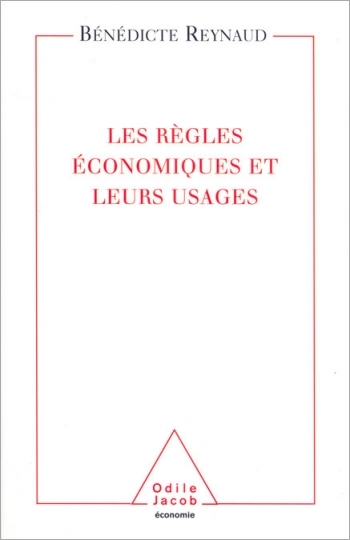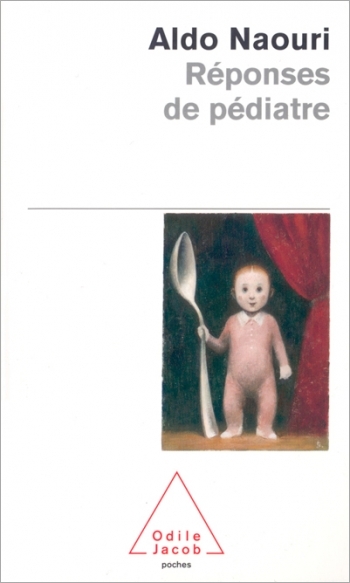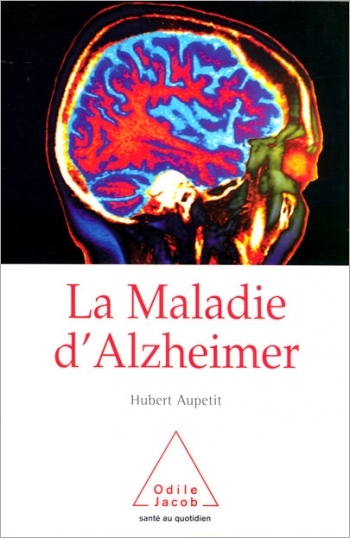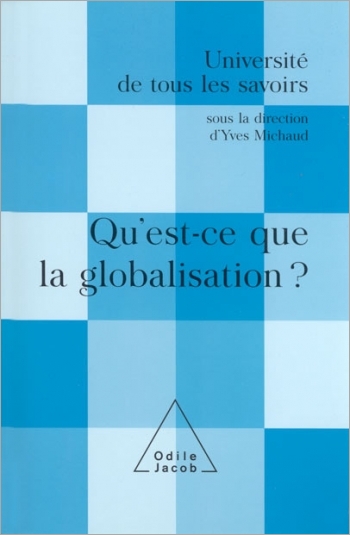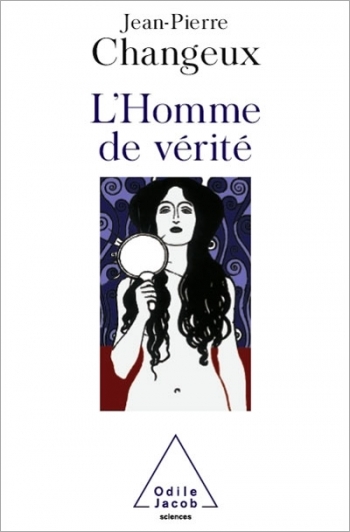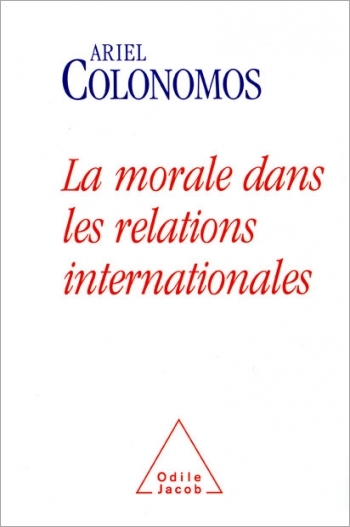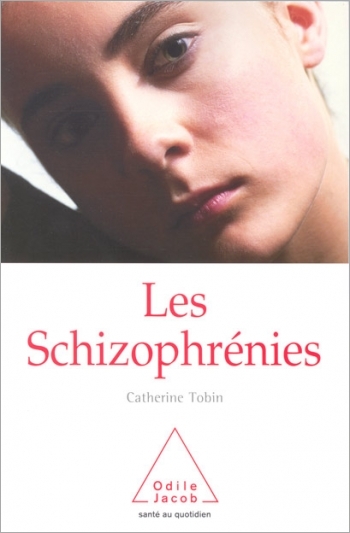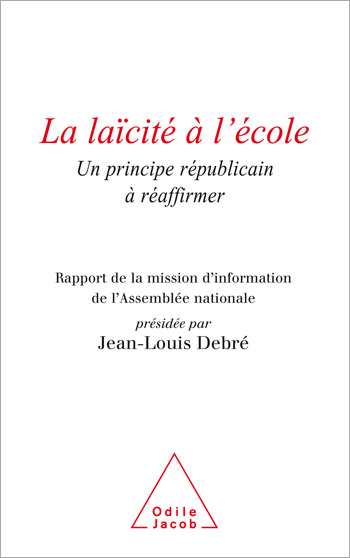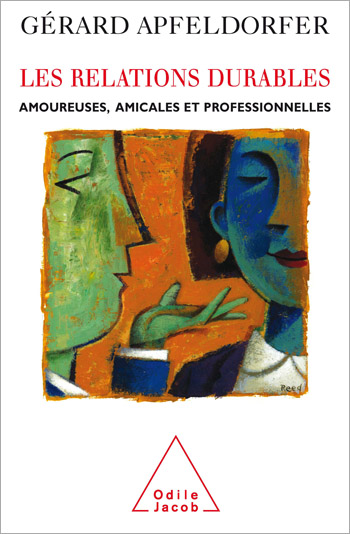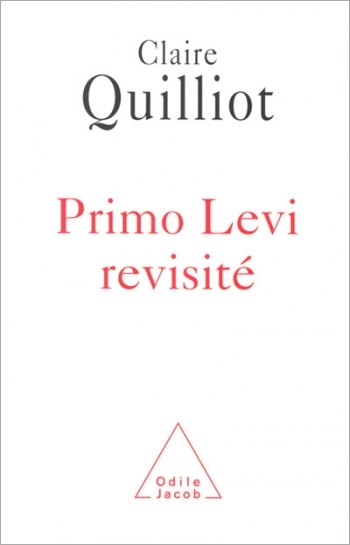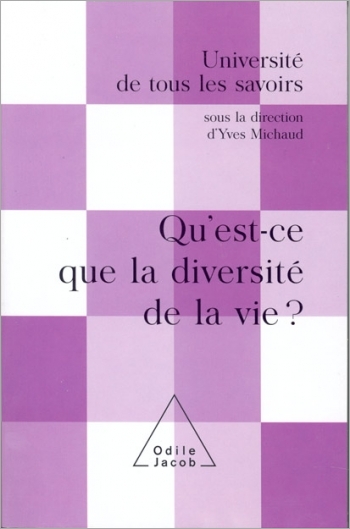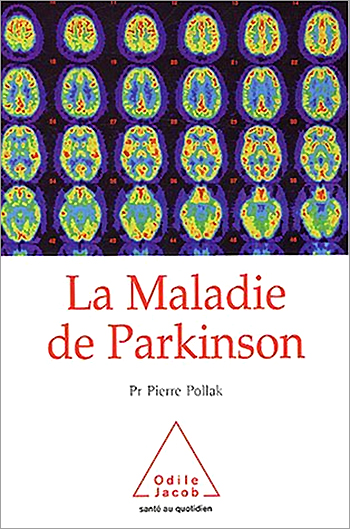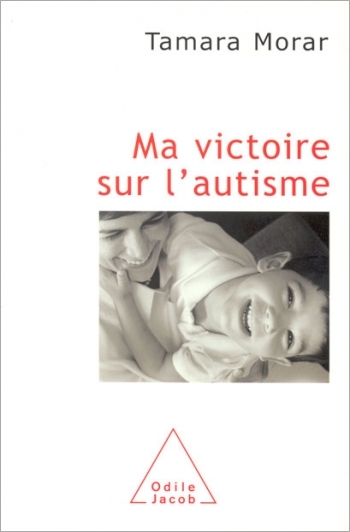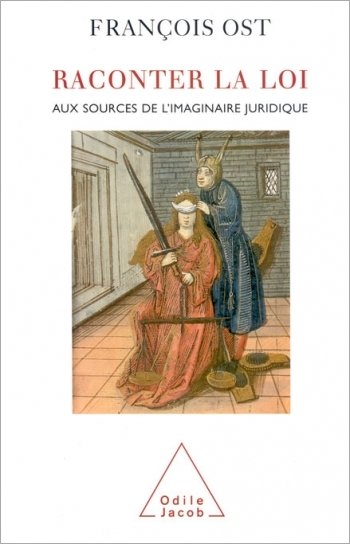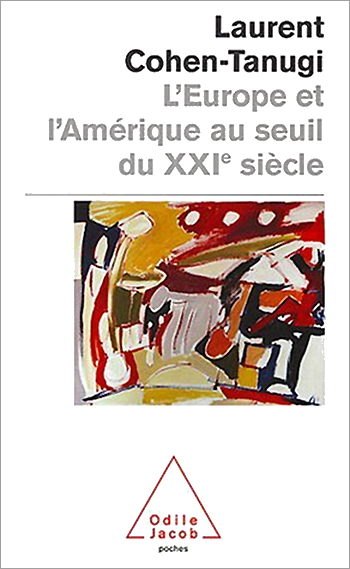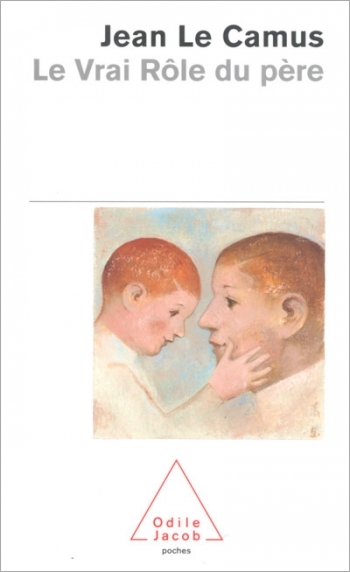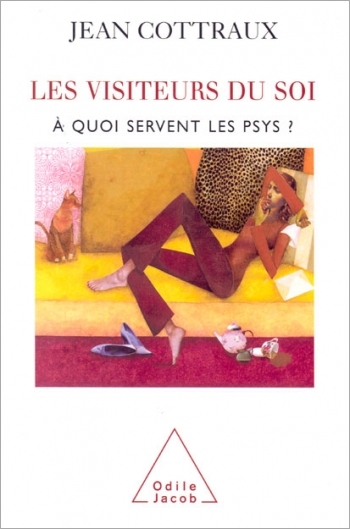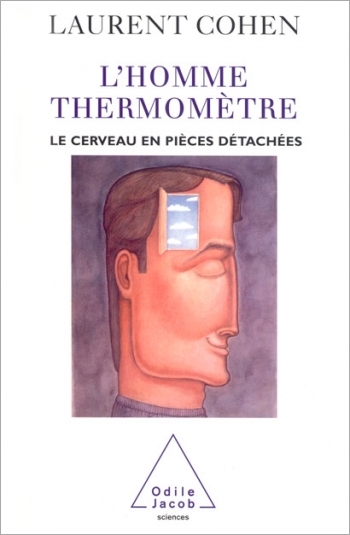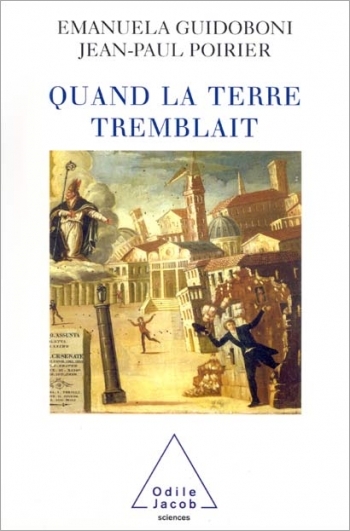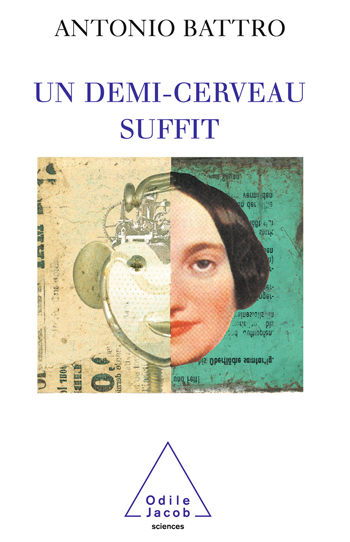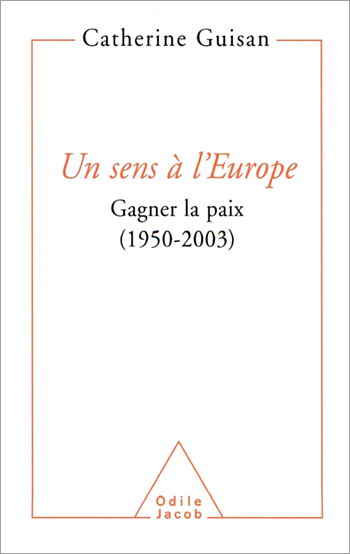Catalog All books
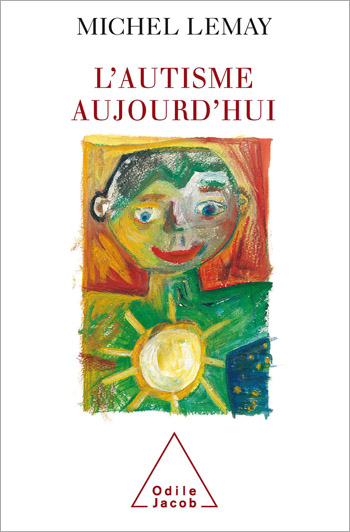
Michel Lemay
Autism Today
What do we know about autism today ? How can it be treated ? What is the cause ? In this book, the author offers a clear appraisal of the contributions and failures of various disciplines (psychoanalysis, neurobiology, genetics, chemical and drug treatment, and behavioural and cognitive therapies), and makes a case for a multidisciplary type of medicine. It offers both parents and professionals a great source of strength with which to fight against autism. Michel Lemay is a psychiatrist and professor of child and adolescent psychiatry. A world-renowned specialist in autism, he is the director of the clinic on autism and invasive development disorders at the Hôpital Sainte-Justine in Montreal.
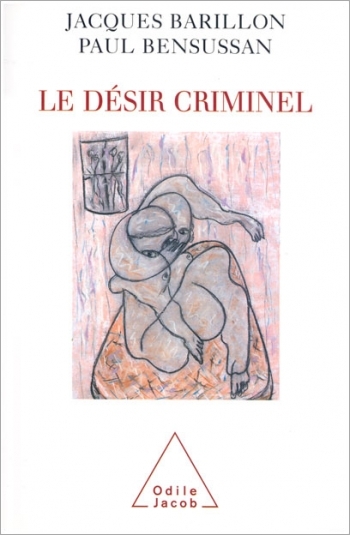
Jacques Barillon, Paul Bensussan
A Criminal Desire
Jacques Barillon and Paul Bensussan show, on a European scale, the ravages caused by an overly psychological approach to the law. They resolutely denounce the extremes and excesses of the new moral and sexual order that is now being proposed for the general good. It will mean tolerating that the judicial system, primarily concerned with the victims well-being, will renounce enforcing the Law, with the approval of psychiatrists and psychologists. This is an indispensable and disturbing book that should help to awaken our anaesthetised critical sense. Jacques Barillon is an internationally renowned lawyer specialising in criminal law. Paul Bensussan, a psychiatrist, sexologist and legal expert, specialises in sex crimes.
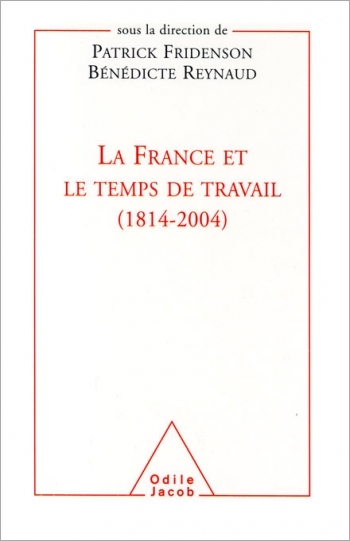
Patrick Fridenson, Bénédicte Reynaud
France and the Age of Work (1814-2004)
In this history about working hours in France during the nineteenth and twentieth centuries, the authors present two highly original theses which go against some established ideas. Their first thesis is that the limitation or reduction of labour hours was not a political, social or economic issue but primarily a question of public health. The authors second thesis is that the movement for shorter hours was never a major demand of the trade unions since absenteeism served to regulate working hours but the policy of national and international institutions. This is a history book which responds to an impassioned issue in recent French political events. Patrick Fridenson is a historian. Bénédicte Reynaud is an economist.
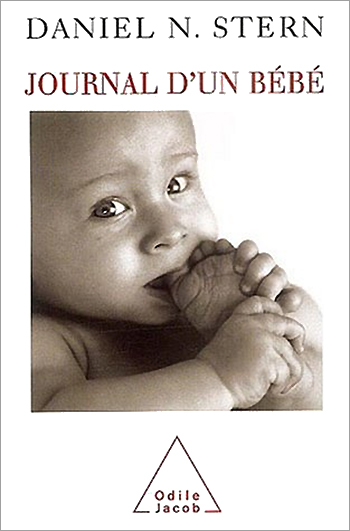
Daniel N. Stern
The Diary of a Baby
A unique undertaking. Diary of a Baby is rightly regarded as one of the most important books to understand infant psychology.
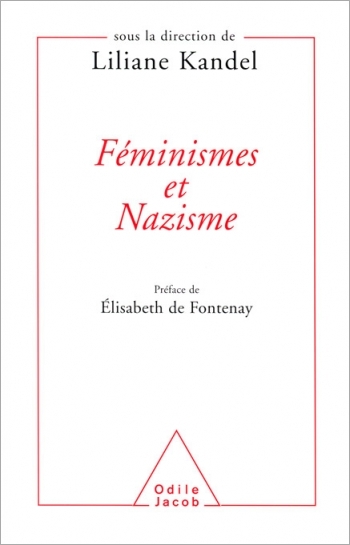
Liliane Kandel
Feminism and Nazism
The essays in this volume examine the history of womens movements during the Nazi era. The writers included here, representing a wide range of interests and backgrounds, review the various interpretations of this period given by feminist historiography today. The authors underlying assumption is that if the perspective of gender can cast light on the way we "read" certain situations and individual destinies, then, in turn, the history of the twentieth century, including the history of feminism with its upheavals and fractures, can help us to understand what is at stake in feminist studies as reflected in contemporary discussions. Liliane Kandel is a sociologist and feminist.
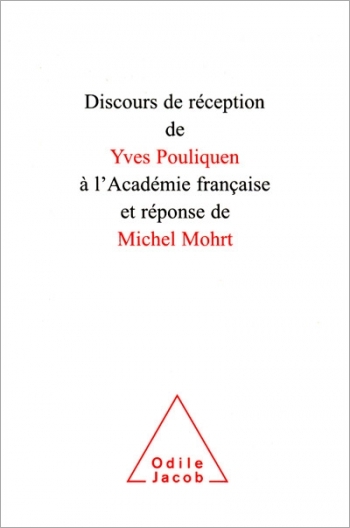
Yves Pouliquen, Michel Mohrt
Speech on the Occasion of Entry into the French Academy and the Response of Michel Mohrt
Speech on the occasion of entry into the French Academy of Yves Pouliquen, 30th January 2003, and the response of Michel Mohrt
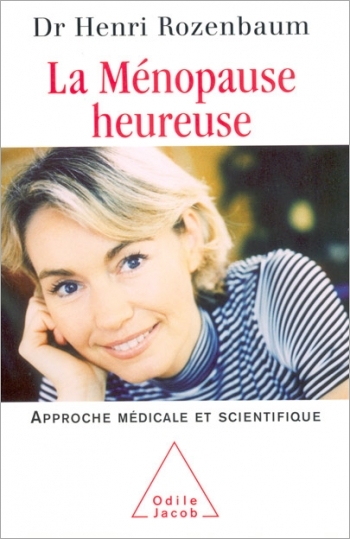
Henri Rozenbaum
How to have a Happy Menopause
The low-down on everything we know about the symptoms of the menopause today, from prevention to treatment. Constituting a small scale medical encyclopaedia, this book answers your questions and allows you to identify the most suitable treatment for your own particular case. For a better quality of life, better health, and a happy menopause. Gynaecologist, and president and founder of the French Association for Menopausal Studies, Dr Henri Rozenbaum is one of the most renowned international experts in the area of the menopause.

